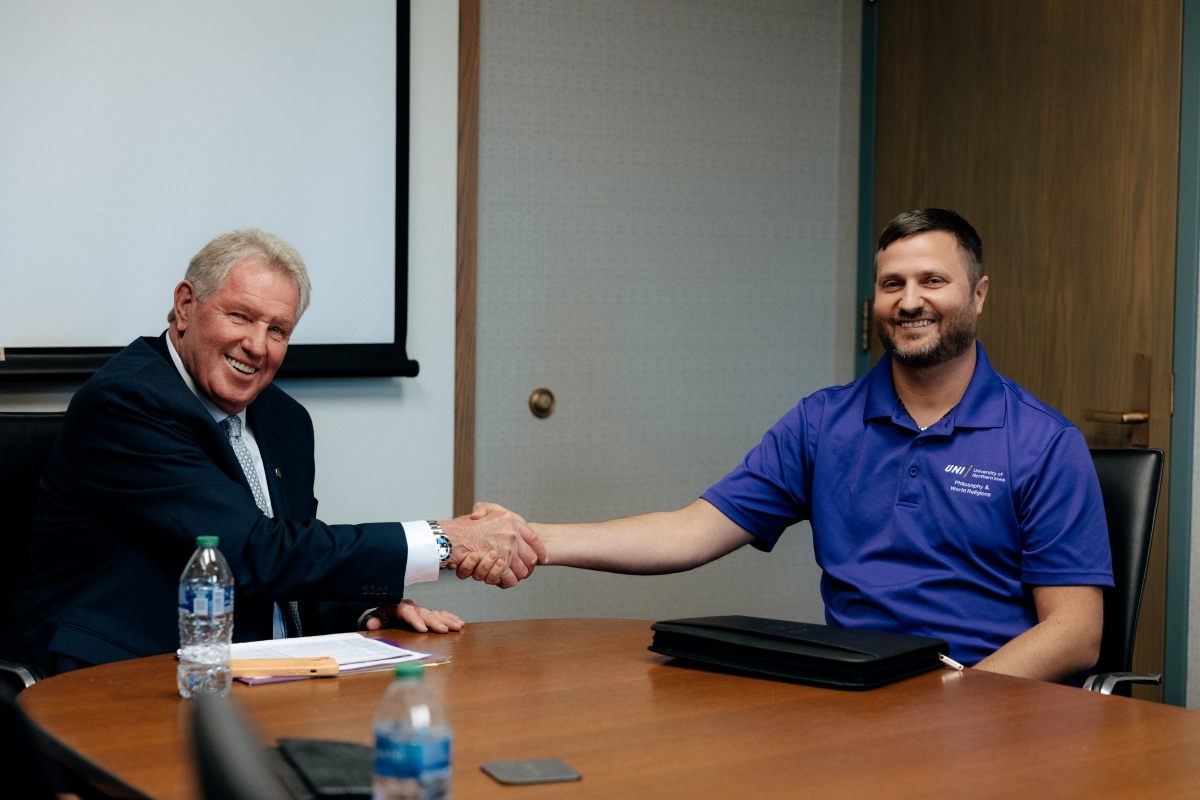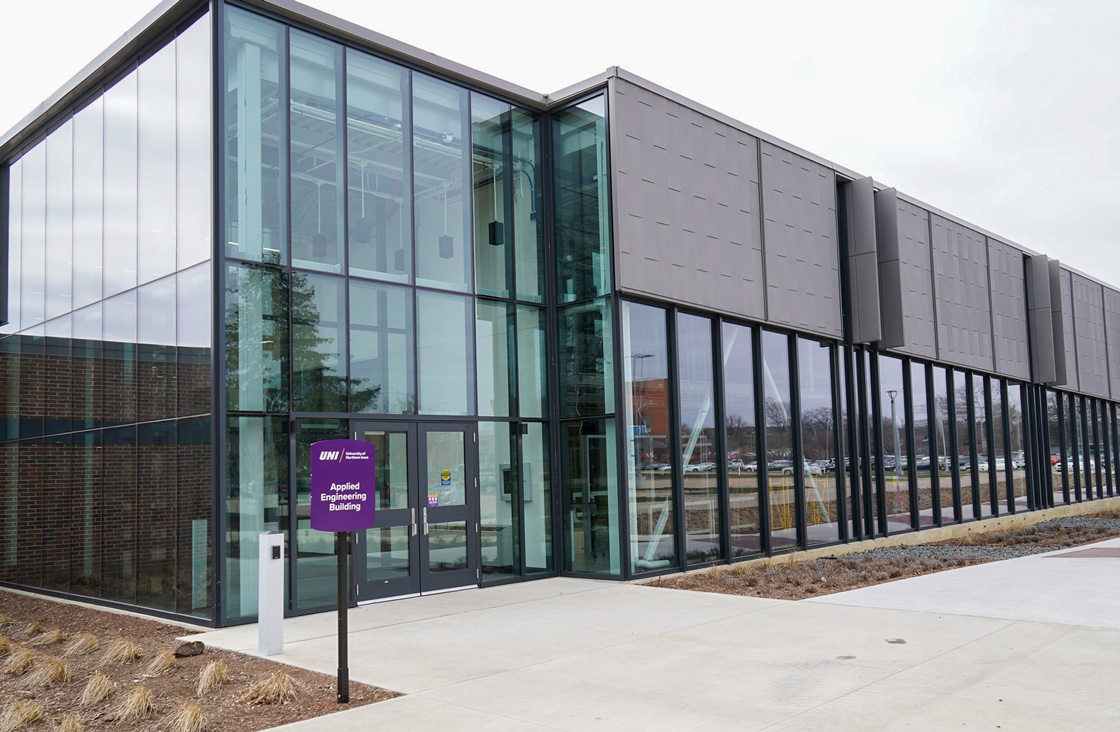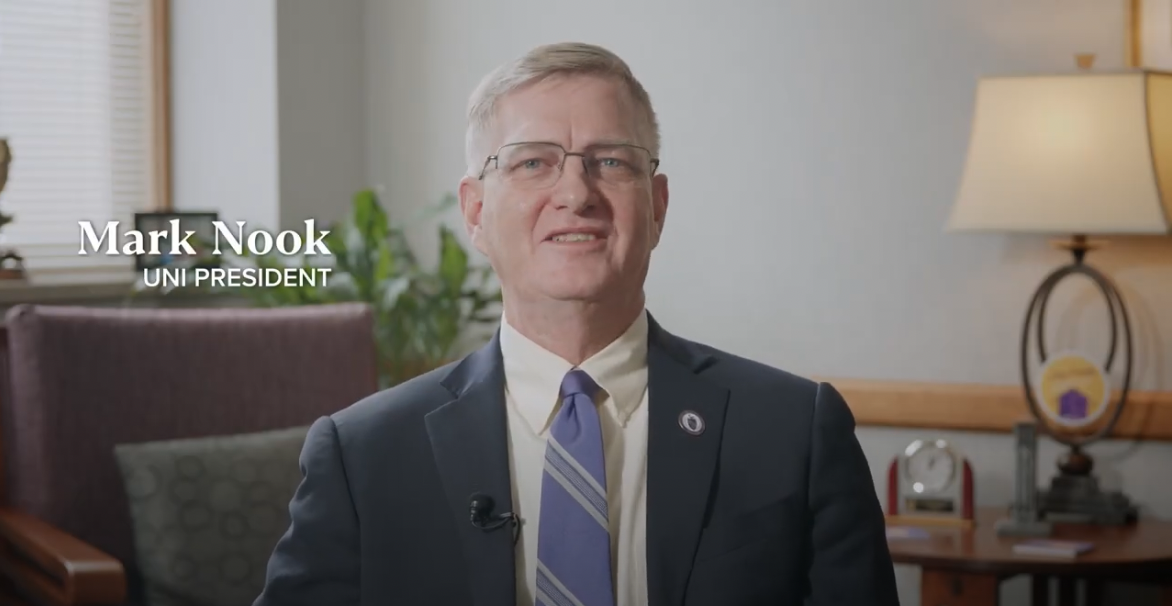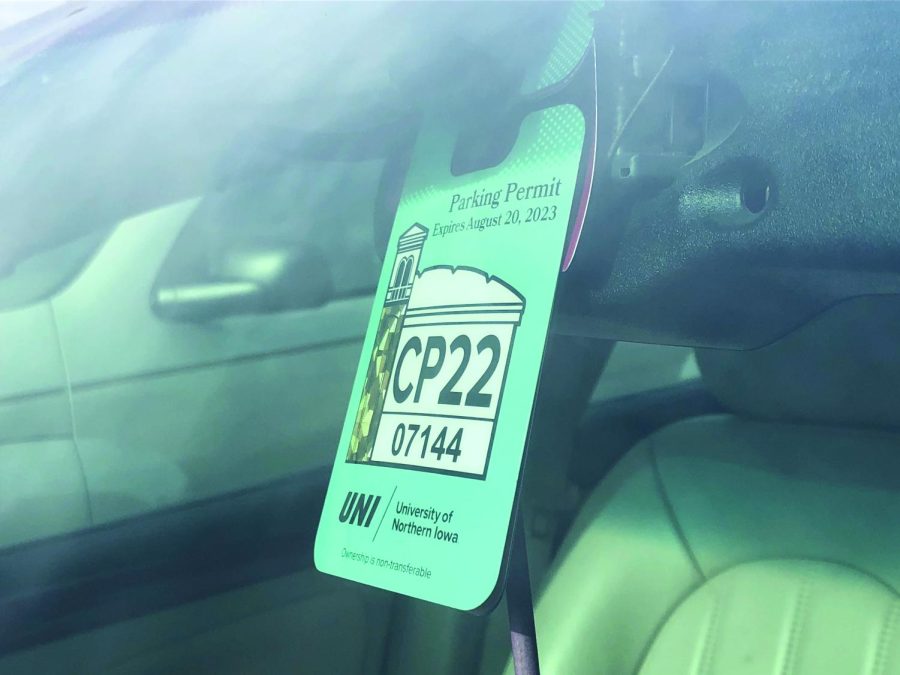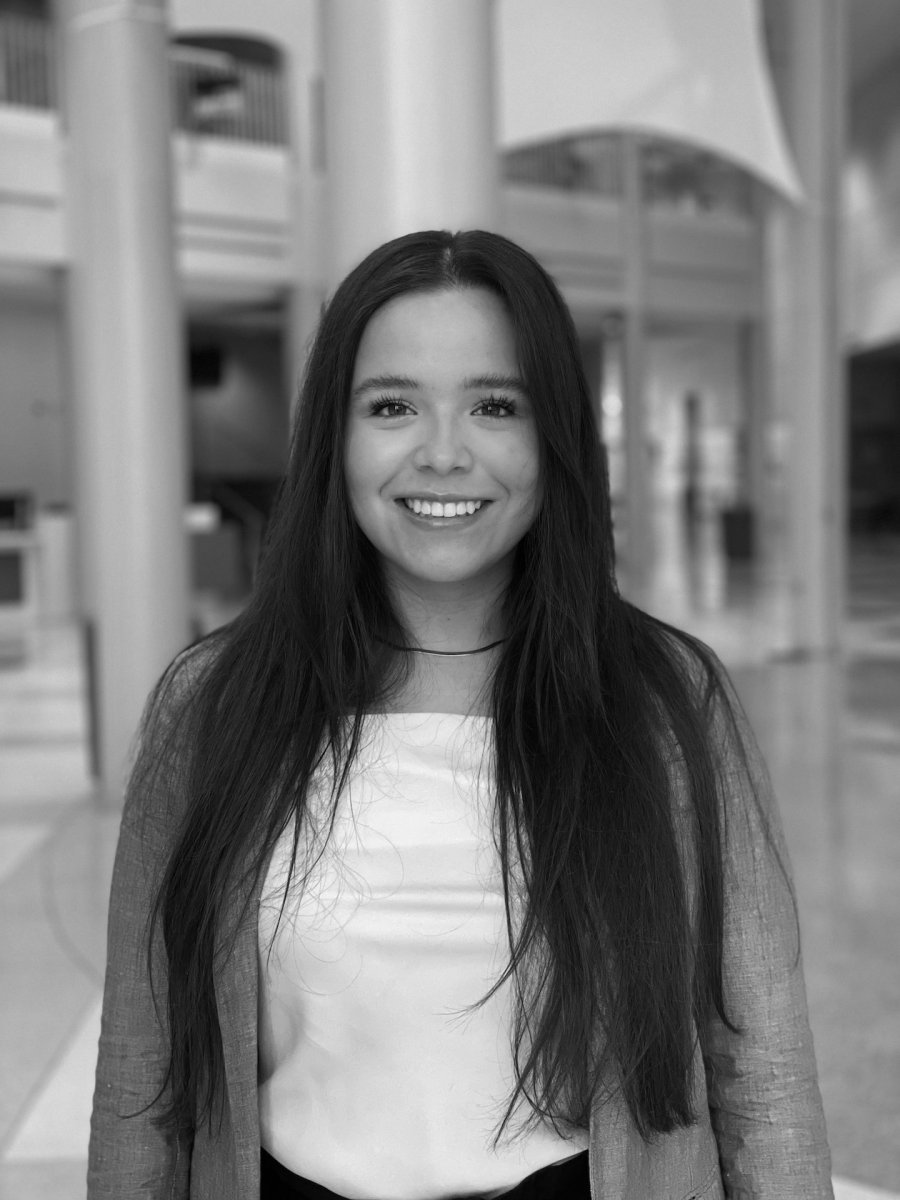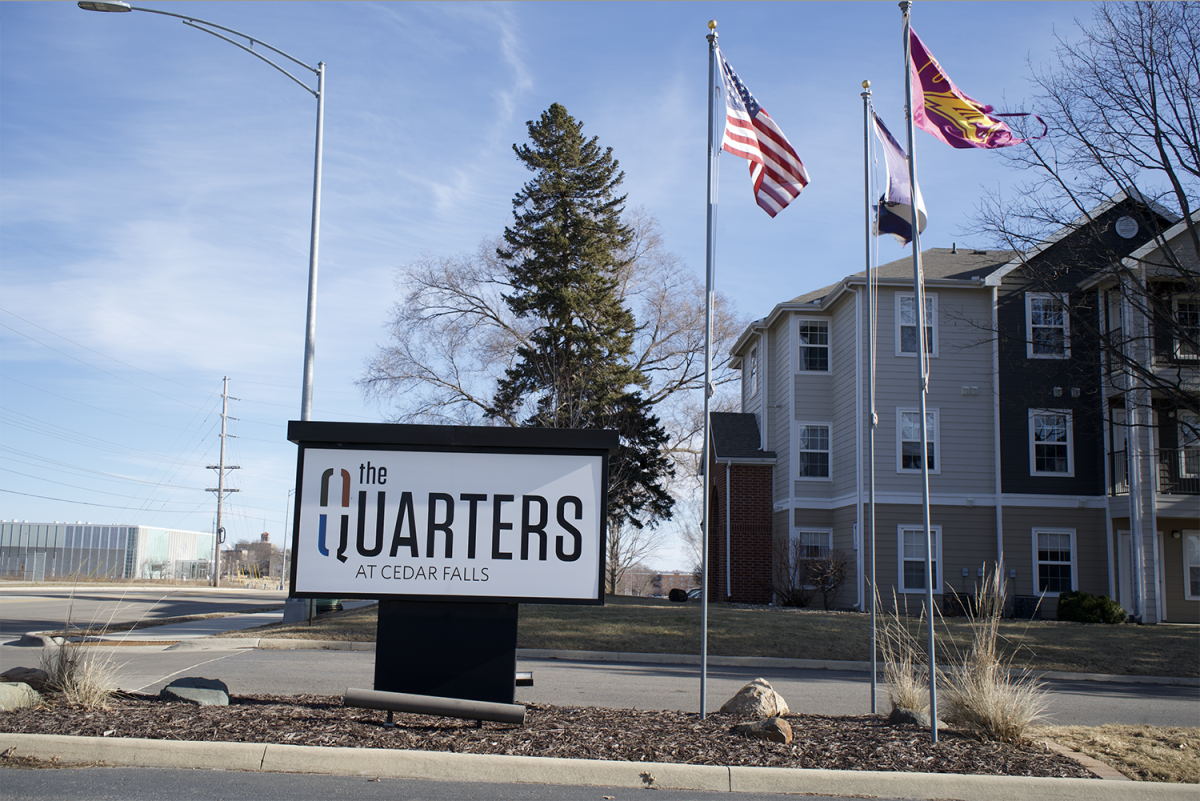Just four months ago, David W. Wilson donated $25 million to the College of Business. Since then, there has been a slew of behind-the-scenes work making old dreams a new reality. Wilson, a 1970 UNI alum, made his historic donation to establish the Wilson Endowment for Integrity and Excellence to “advance business ethics education and ensure graduates continue to thrive and lead in a rapidly changing business landscape.” With this comes the advent of the brand new Wilson Ethics Fellow position. This position is currently held by Robert Earle; an assistant professor of instruction in the Philosophy and World Religions Department at the University of Northern Iowa.
“This donation was made specifically to promote ethics education, both in the College of Business and generally across campus,” Earle said. “Some of our goals are to increase the number of students who take an ethics course while they are here and increase the number of students who sign on for the ethics minor. Also, we want to increase ethics programming at UNI.”
This new position spells out good news for students who may have previously struggled to find seats in rarely offered ethics courses.
“This donation and the addition of the ethics fellows will allow us to increase the frequency with which we offer the core ethics course and we will be able to increase programming. The thing our department is most excited about is that we will be able to offer applied ethics courses more regularly. This will allow the other departments across campus to incorporate ethics into their programs. When classes are only offered every two years, it’s easy to forget it exists.” said Earle.
But it’s not just the College of Business getting revamped ethics programming according to Leslie Wilson, Dean of the Wilson College of Business.
Eventually, there will be two ethics fellows. They will help us envision what ethics education on the UNI campus looks like, they will teach ethics courses that are targeted to professionals, whether that be business professionals, communication professionals, nurses who are professionals, or teachers who are professionals. So as we look at ethics education, how do we elevate that across campus? The ethics fellows will be working with our Wilson Ethics Chair to really come up with strategies and courses that help us do that.”
The addition of these new ethics chairs and the expansion of ethics education is something that David Wilson had envisioned for campus for a while.
“David Wilson wanted to see ethics education grow across the campus. Every professional today is going to be in a position where they are making decisions that have ethical dimensions to them. Having an ethics class helps to really elevate your sensitivity towards the ethical dimensions of your professional life and can only help you in your career,” said Dean Wilson.
She continued, “We live in a very complex world, students, whether students realize it or not, are going to be in situations where they will have ethical dilemmas that they will have to work through…I believe that elevating ethics across campus and providing more courses where students can gain the sensitivities necessary and the critical decision-making skills that they are going to have to put into practice will help them be better professionals, no matter the field that they decide to go into.”


